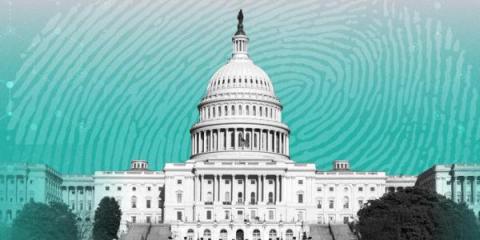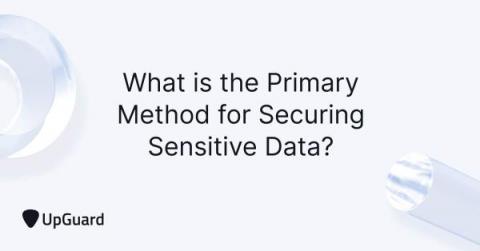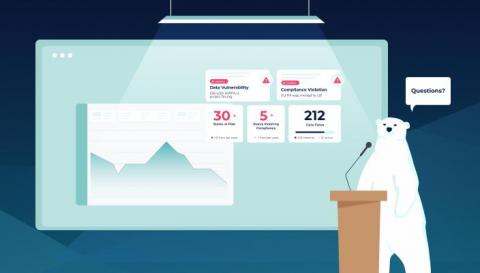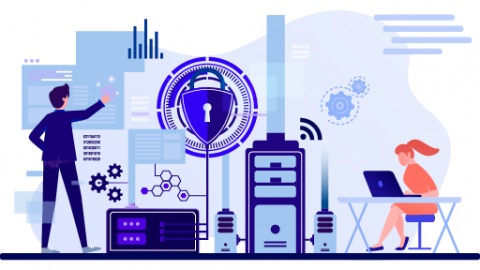It's Time for a Federal Data Privacy Law in the U.S.
New state-level data privacy laws just keep coming. By the end of 2023, California will transition to the CPRA, and residents of Virginia, Colorado, Utah, and Connecticut will be covered by more expansive state privacy laws. With 10% of U.S. states covered by data privacy legislation by the end of next year, it’s clear there’s a need for federal legislation as well. I’m pleased to see reports of positive momentum on this topic in Washington.











